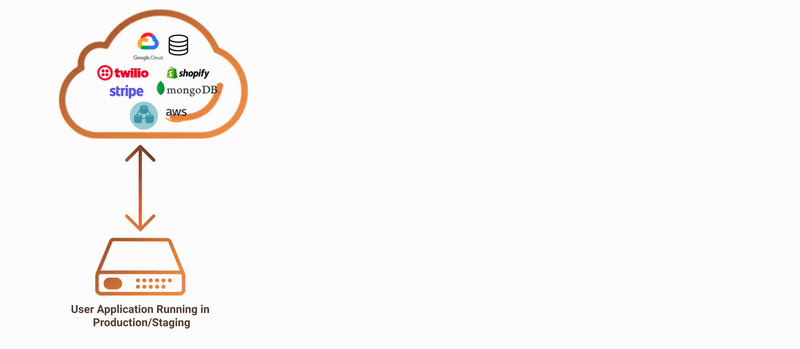Microservice Testing with Keploy
What is Microservices Testing?
Microservice testing is the process of validating individual components of a microservices architecture to ensure they function correctly both in isolation and as part of the larger system. Unlike monolithic applications, microservices present unique challenges in testing due to their distributed nature and complex interactions.
Benefits of Microservices Testing:
- Improved fault isolation: Testing individual services allows for easier identification and resolution of issues.
- Faster deployment cycles: Independent testing of services enables faster release cycles.
- Enhanced scalability: Testing services in isolation helps identify bottlenecks and optimize performance.
- Easier maintenance and updates: Testing microservices independently reduces the risk of regressions.
- Better support for continuous integration and delivery (CI/CD) : Microservices testing enables automated testing and deployment pipelines.
Challenges in Microservices Testing:
-
Complex service dependencies :
- Microservices often rely on other services, databases, or third-party APIs, making it challenging to test in isolation.
-
Difficulty in replicating production environments
- Testing microservices in a production-like environment can be complex and resource-intensive.
-
Increased network latency and failures
- Inter-service communication can introduce latency and failures, making testing more challenging.
-
Data consistency across services
- Ensuring data consistency and integrity across multiple services can be difficult.
-
Managing test data for multiple services
- Creating and managing test data for multiple services can be time-consuming and error-prone.
Overcoming Challenges with Keploy
Keploy is an innovative testing tool designed to address many of the challenges associated with microservices testing. Here's how it helps:

- Automated Test Case Generation: Keploy can generate test cases by recording your application's network calls. This automation significantly reduces the time and effort required to create comprehensive test suites.
- Dependency Mocking: Keploy automatically generates dependency mocks based on recorded network interactions. This feature allows for faster and more efficient testing compared to traditional unit tests.
- Realistic Testing Environment: With its built-in proxy setup, Keploy records system calls between services, creating a more accurate representation of the production environment in your tests.
- Efficient Integration Testing: By capturing and replaying inter-service communications, Keploy enables more effective integration testing without the need to set up complex environments.
- Reduced Test Maintenance: As Keploy generates tests based on actual system behavior, it helps keep tests up-to-date with changes in the microservices, reducing the maintenance burden.
- Performance Testing: The recorded interactions can be used to simulate realistic load scenarios, aiding in performance testing of microservices.
By leveraging Keploy's capabilities, development teams can overcome many of the traditional challenges associated with microservices testing, leading to more robust and reliable distributed systems.